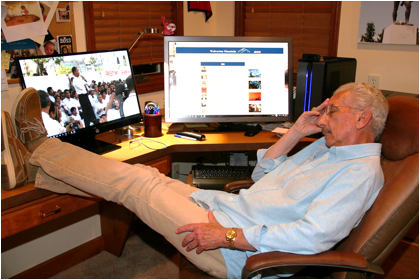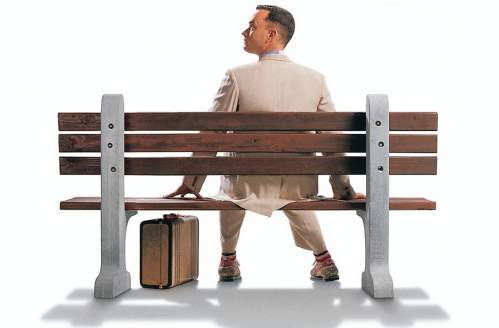Either/Or
Churchill said, “Many forms of Government have been tried, and will be tried in this world of sin and woe. No one pretends that democracy is perfect or all-wise. Indeed it has been said that democracy is the worst form of Government except for all those other forms that have been tried from time to time.…” There is much about Winnie’s mindset about which I would disagree, but not about democracy being the worst form of government if you exclude all the other forms.
America is experiencing a tectonic shift. It is as if one tectonic plate crashed into another in an attempt to become the predominant plate. Another way to describe America today is that men are telling women they don’t have the right to exercise their reproductive rights. Essentially, men are pushing male superiority over females. It is blatant sexism.
If the Supreme Court needed a more inane mindset, Clarence Thomas added his caveat, which wasn’t related to Roe vs. Wade. He thinks that the Court “should reconsider” other court rulings like Obergefell v. Hodges, which asserted the right to same-sex marriage, and Griswold v. Connecticut, which affirmed the constitutional right to privacy and the use of contraceptives.
Thomas wants to challenge the right of people to determine their sex lives. Okay. Thomas has issues related to the LGBTQ community, same-sex marriage, and birth control. Nevertheless, why didn’t Thomas suggest that the Supreme Court rethink the Loving v. Virginia decision in 1967? The Supreme Court ruled that banning interracial marriage violated the Equal Protection and Due Process Clauses of the Fourteenth Amendment. Why didn’t Thomas want to have the court rethink Loving v. Virginia?
The answer is that it would impinge upon Thomas’ right to marry who he wanted to marry.

Clarence and Ginna at their wedding in 1987
Therein the fatal flaw. One would expect a justice on the Supreme Court to decide upon legal questions beyond what Thomas likes or dislikes. While Thomas is a heterosexual male, he needs a broader view than that perspective.
Apparently, Thomas never read what Martin Niemöller said after WWII in Germany. “First they came for the socialists, and I did not speak out—because I was not a socialist. Then they came for the trade unionists, and I did not speak out— because I was not a trade unionist. Then they came for the Jews, and I did not speak out—because I was not a Jew. Then they came for me—and there was no one left to speak for me.” Okay. I doubt whether Thomas read anything Niemöller ever wrote, including that paragraph. Let me try another writer.
Thomas grew up in a Catholic family and attended various Catholic schools before winding up at Holy Cross, where he got his BA. Surely, he read this prayer of St. Francis.
Lord, make me an instrument of your peace.
Where there is hatred, let me sow love;
where there is injury, pardon;
where there is doubt, faith;
where there is despair, hope;
where there is darkness, light;
and where there is sadness, joy.
O Divine Master, grant that I may not so much seek
to be consoled as to console;
to be understood as to understand;
to be loved as to love.
For it is in giving that we receive;
it is in pardoning that we are pardoned
and it is in dying that we are born to eternal life.
Amen.
St. Francis provided a model for the way we should act in life. It is inclusive and designed to assist others. Thomas, who has benefited from the civil rights movement, sits in judgment of other minorities and people that wish to marry who they want. He wants to discriminate against people not like him. That is racism.
Clarence, let me share with you a secret. It isn’t hidden. It is out there to be seen, but you haven’t seen it. When helping others, you also benefit. Life is about more than dissing others. You are hurting other human beings that find themselves facing discrimination like blacks have felt for over four centuries in America. But you don’t care.
Clarence, you aren’t going to change. The question is whether your negative mindset will help change Americans to be more like Niemöller and St. Francis. It is a Kierkegaardian either/or question. Will Americans look to Niemöller and St. Francis as mentors, or will they follow your example? That is a haunting question.
sFollow @mountain_and_me













